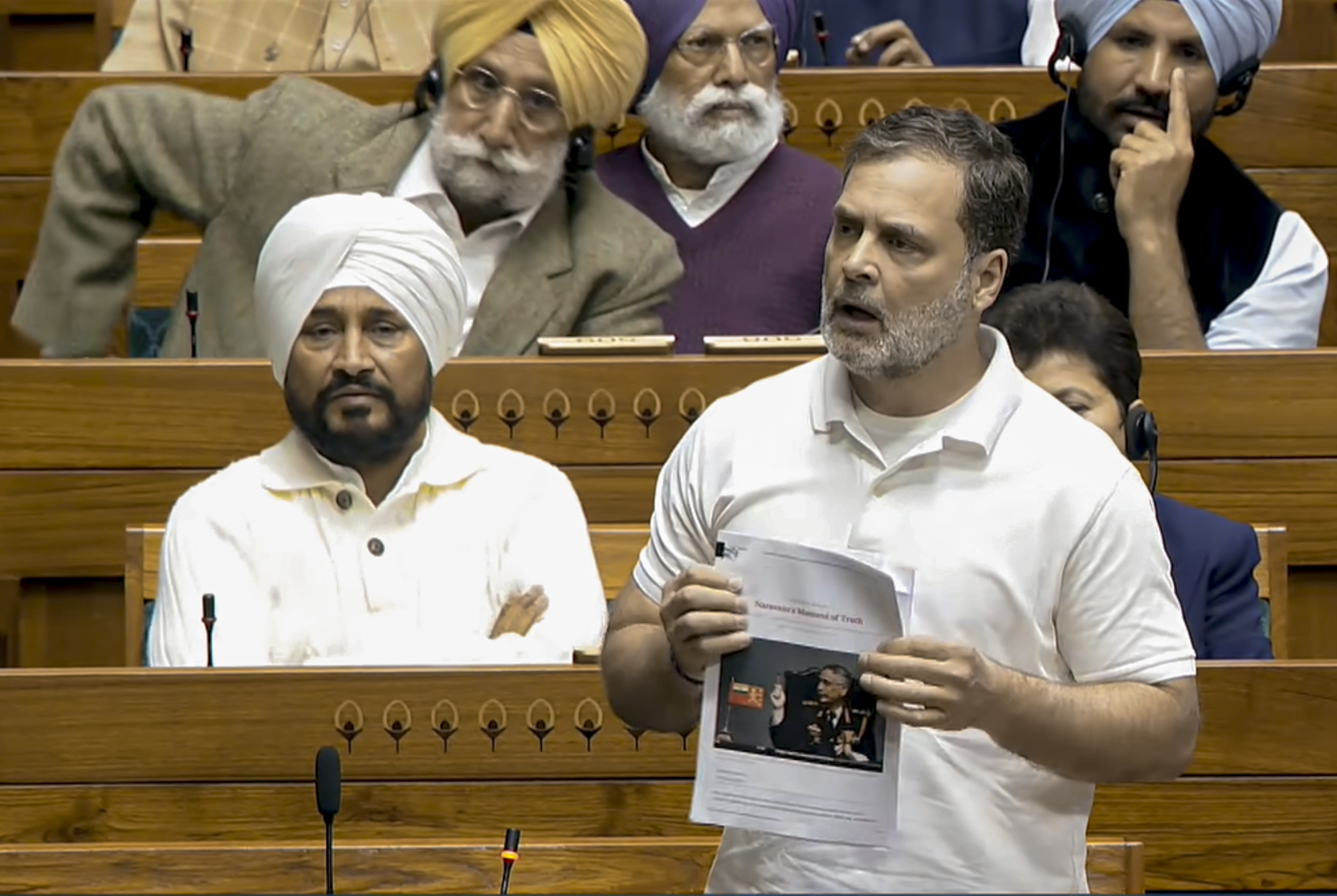Justice Surya Kant takes oath as 53rd CJI; to remain in office for nearly 15 months
Justice Surya Kant has delivered key rulings on issues from Article 370 to free speech and sedition during his tenure on the Supreme Court.
PTI
-
Justice Surya Kant also pushed the EC to disclose details of 65 lakh voters omitted from Bihar’s draft rolls while hearing petitions related to the SIR (PTI)
New Delhi, 24 Nov
Justice Surya Kant on Monday took oath as the 53rd Chief Justice of India, succeeding Justice BR Gavai. President Droupadi Murmu administered the oath at a brief ceremony at Rashtrapati Bhavan.
Justice Kant, who has been part of several landmark rulings, including the verdict on the abrogation of Article 370 and the revision of Bihar's electoral rolls, will serve as CJI until 9 February, 2027. He took the oath in Hindi, in the name of God.
Vice President CP Radhakrishnan and Prime Minister Narendra Modi were among the senior leaders present. Soon after the ceremony, Justice Kant greeted the prime minister, while Modi later shared photos of the event on X, extending his best wishes for the prime minister's tenure.
A customary group photograph was also taken with the President, Vice President, Prime Minister, the new CJI, former CJI BR Gavai and Law Minister Arjun Ram Meghwal. Former vice president Jagdeep Dhankhar was also present.
Justice Kant, born on 10 February, 1962 in Haryana’s Hisar district, rose from a small-town legal career to the country’s top judicial office. A first-class first postgraduate from Kurukshetra University, he served as chief justice of the Himachal Pradesh High Court before his elevation to the Supreme Court.
His tenure in the apex court has been marked by significant constitutional and civil liberties cases.
He was part of the bench that kept the colonial-era sedition law in abeyance and directed that no new FIRs be registered until the government completed its review. Justice Kant also pushed the Election Commission to disclose details of 65 lakh voters omitted from Bihar’s draft rolls while hearing petitions related to the Special Intensive Revision.
In another notable order, he reinstated a woman sarpanch who had been unlawfully removed and underscored the gender bias in the case. He has also been credited with directing that one-third of seats in bar associations, including the Supreme Court Bar Association, be reserved for women.
Justice Kant was part of the bench that upheld the One Rank One Pension scheme for defence forces as constitutionally valid and continues to hear petitions filed by women officers seeking parity in permanent commission.
He also served on the seven-judge bench that overturned the 1967 Aligarh Muslim University judgment, paving the way for reconsideration of the university’s minority status.
His name features in several high-profile matters, including the Pegasus spyware case, in which the bench appointed a technical panel to investigate alleged unlawful surveillance and held that the state cannot get a “free pass under the guise of national security”.
Justice Kant also led the bench that ordered the appointment of a five-member committee headed by former Supreme Court judge Indu Malhotra to probe the security breach during Prime Minister Modi’s visit to Punjab in 2022, observing that such issues required a “judicially trained mind”.
Justice Gavai, who retired on Sunday, embraced his successor after the ceremony.








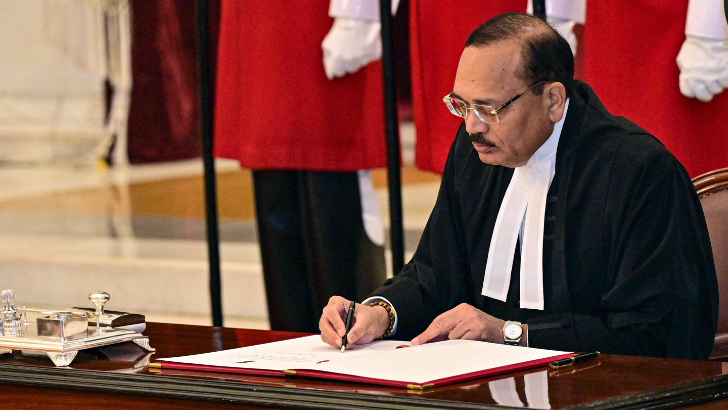

.png)
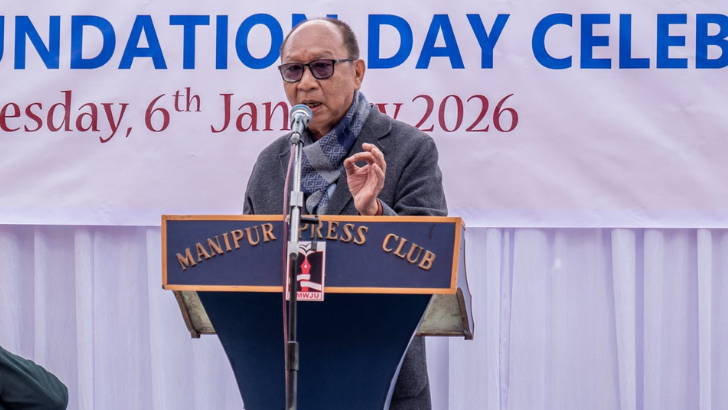
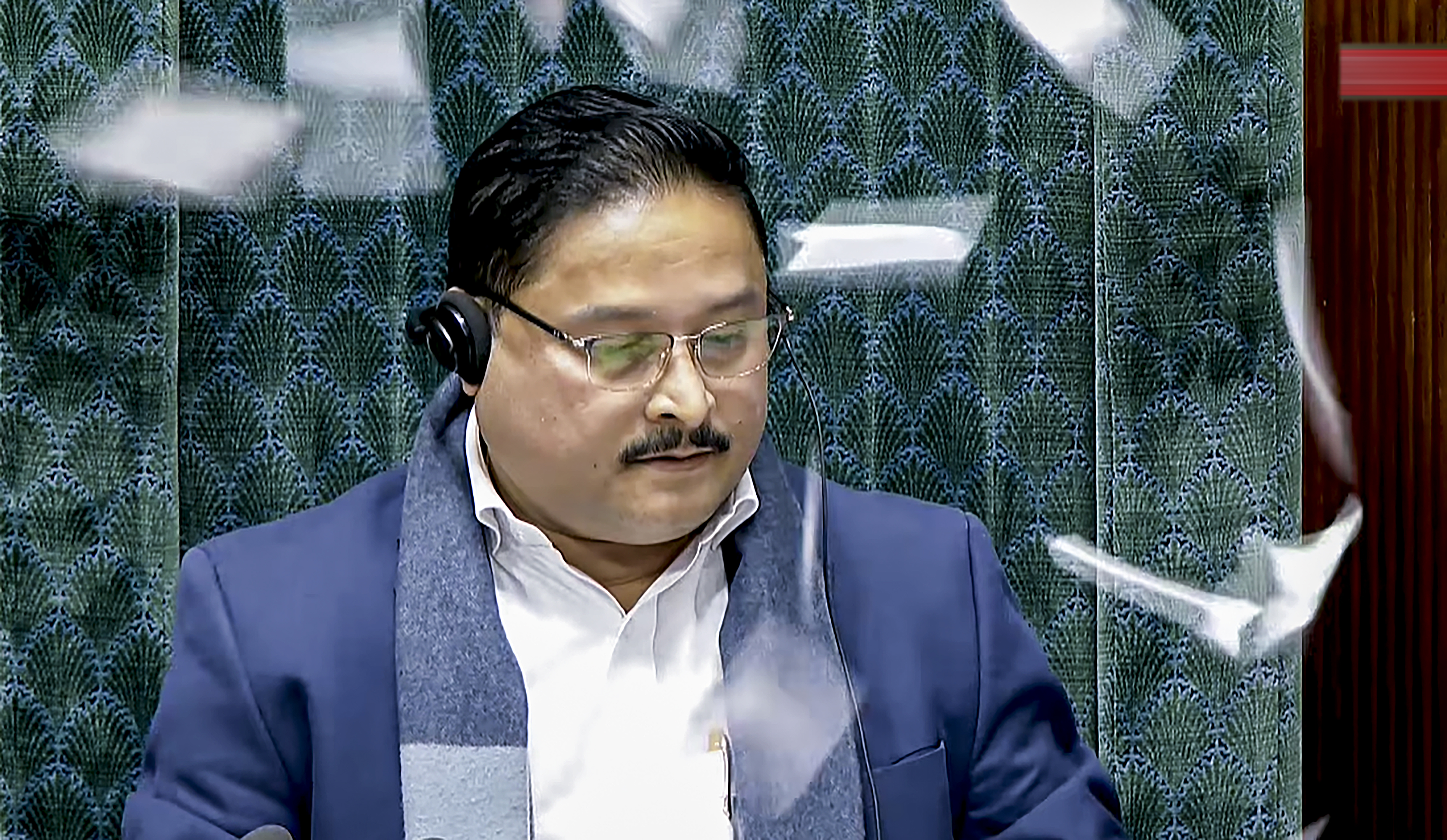
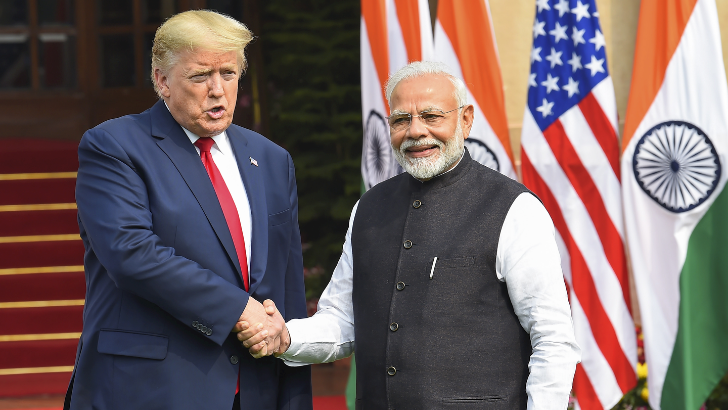

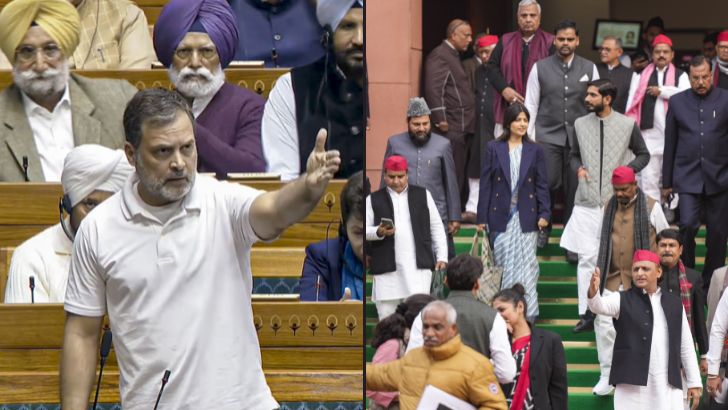
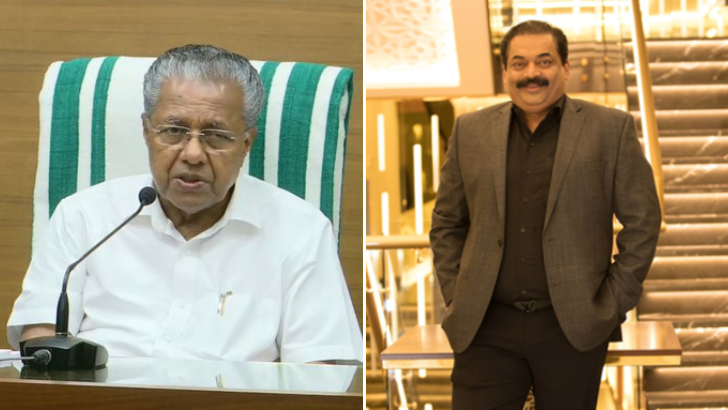
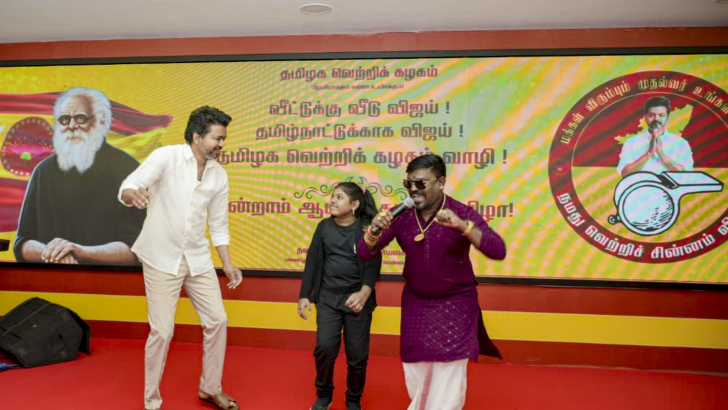
.png)
